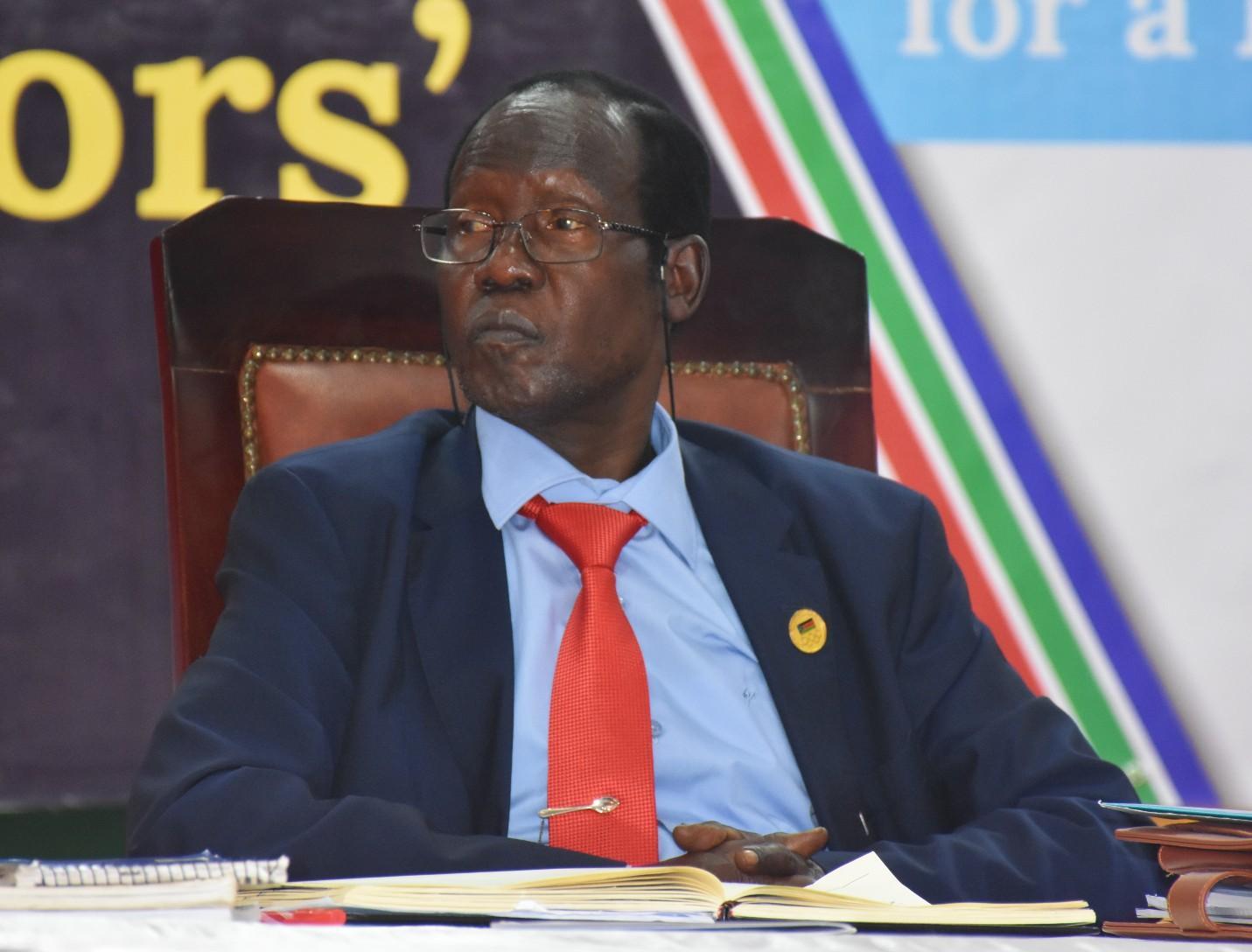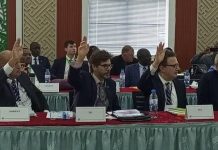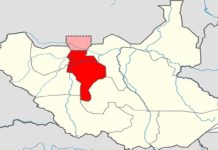By Jenifer James
Africa-Press – South-Sudan. The Vice President and Chairperson of the Economic Cluster, Dr. James Wani Igga, alleged that the recently endorsed 400 per cent salary increment for civil servants and organised forces had fueled the rise in prices of commodities.
Speaking at the second edition of the Juba Economic Forum on Tuesday, Igga said the salary increment had led to economic misfortune.
“I know that the salaries of our people are very low, but these salaries were fixed when our economy was good and our pound was strong; in the event, some people would even build houses, but now our pound is affected,” he recalled.
Igga said the government had predicted the current inflation and that is why it settled on the 400 per cent increment as opposed to the 600 per cent initially lobbied for by a group of leaders.
He said the government knew that the increment would have an impact on the prices of commodities in the market.
He blamed the traders for always increasing the prices of commodities at the slightest increase in salaries of citizens on the government payroll.
“You know, you traders, thank you for your efforts and diligence in serving the people of South Sudan, but you are also overcharging in doing that. Any small increment in salaries alone is an increment in prices,” Igga stated.
Igga said that based on the bad economic experiences, the economic cluster did not support the proposed 600 per cent pay increment as it could only worsen the economic situation in South Sudan.
He suggested an improvement in the revenue being generated from oil and non-oil sources to cater for salaries and other services.
He said the government makes a roughly huge amount of money every month due to the swelling wage bill and oil revenue keeps shrinking.
However, some sections of civil servants, like the lecturers of public universities, have been demanding five months’ salary arrears and the Ministry of Finance had promised to pay for only one month.
Source: The City Review South Sudan
For More News And Analysis About South-Sudan Follow Africa-Press






